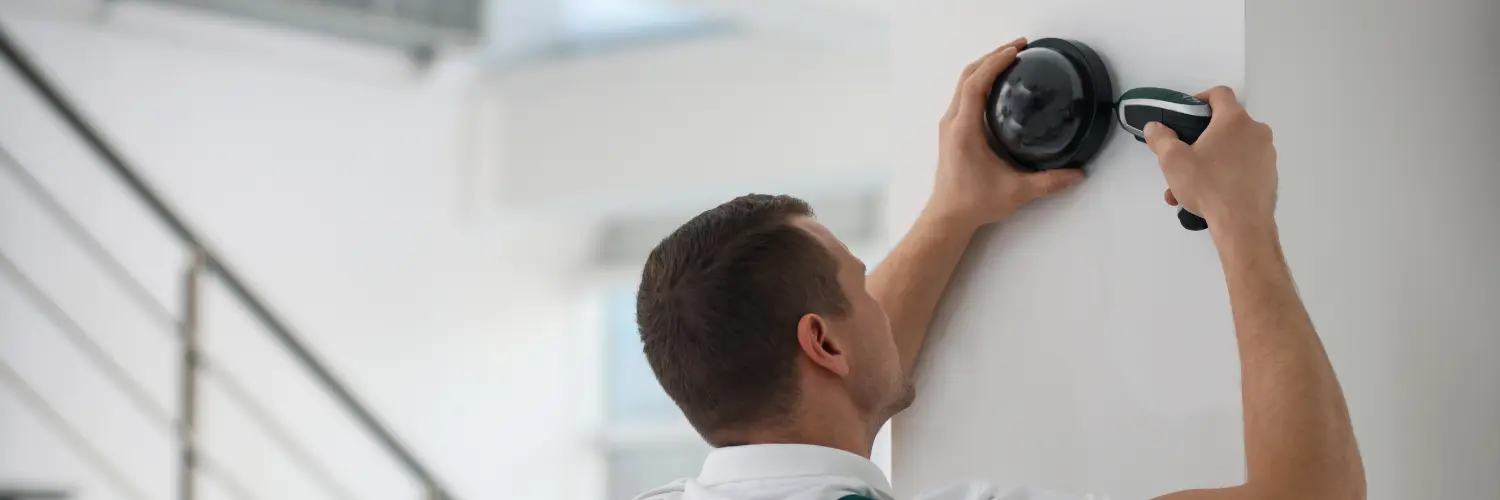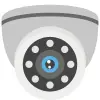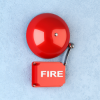Welcome to Security cameras dallas
We are the perfect fit for your safety problem
Top Security Systems Company In DFW, Texas
Total satisfaction with every service provided.
Accurate, no-obligation quotes for all clients.
What We Do
Specialized Security Sysetms
cctv - alarm - access control
Securing access to your home and businesses
Ensure safety and peace of mind by implementing advanced security solutions for your home and business. Protect your assets with cutting-edge technology and expert guidance.


About Us
Our vision is to make the world safer.
With many years of experience in the security systems field, We know we are making the world a better and quieter place, giving us the most excellent satisfaction. We are confident in our abilities to help you and your family feel more secure in your environment. We specialize in installing security systems in residential, office, and commercial areas.
24/7 Customer Service
Guaranteed Product

Our Skills
You can trust us to keep your belongings safe
Rely on our expertise for unbeatable protection. We guarantee the safety of your belongings with our state-of-the-art security measures and dedicated, vigilant service.
Safe & Secure House
Our Mission Its Make You Feel Safe
As a Dallas-based security system installer, we prioritize your safety with top-tier, customized security solutions designed to protect you and your environment.
Services
A professional systems you can rely on
Experience unparalleled security with our professional systems, meticulously designed for reliability and efficiency. Trust in our expertise for comprehensive protection you can depend on.

Security Cameras
High-definition surveillance systems offering round-the-clock monitoring and recording to safeguard your premises.

Alarm Systems
Reliable intrusion detection systems, providing immediate alerts and robust security against unauthorized access.

Access Control
Sophisticated access control solutions to manage entry points and secure sensitive areas effectively.

Smart Home
Integrate convenience and security with smart home technologies for a connected, efficient living experience.

Network Infrastructure
Robust network infrastructure setup for seamless connectivity and enhanced security in your digital operations.

Fire Alarm
Advanced fire alarm systems ensuring early detection and prompt response to protect lives and property.

Choose us for unparalleled expertise, cutting-edge technology, and dedicated customer service. We provide tailored solutions, ensuring your security needs are met with precision and reliability.
- Professionally Trained
- Quickest Response
- Technologically Very Handy
- Certified Technicians
- Customer Support
- Problem Solving Capacity
Need Help?
Don't hesitate to contact us for more help
Need more information or assistance? Don’t hesitate to reach out. Our team is always ready to provide expert help and answer any questions you may have.
